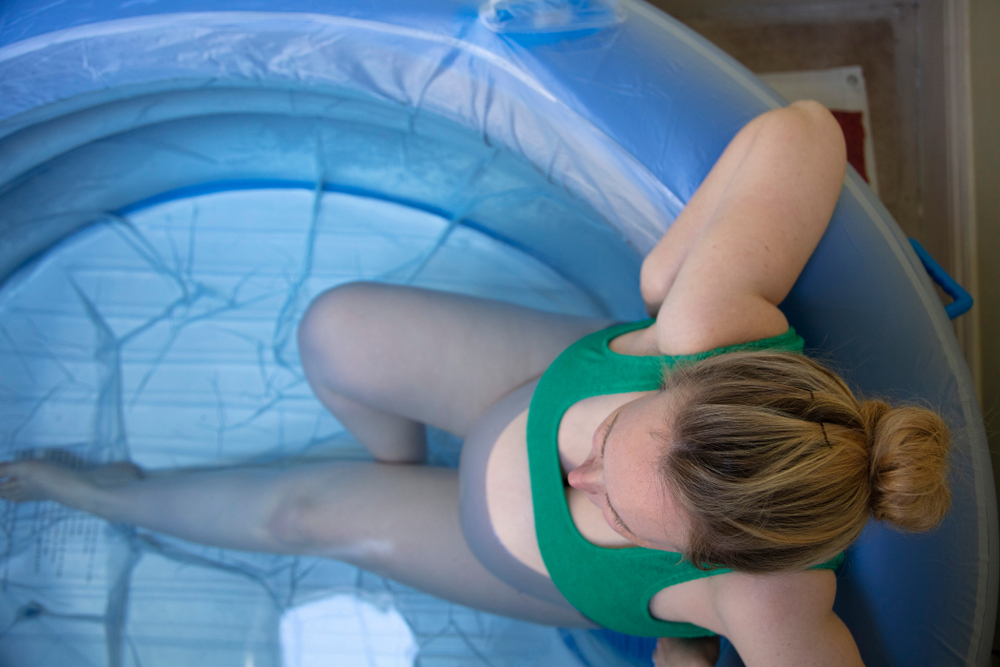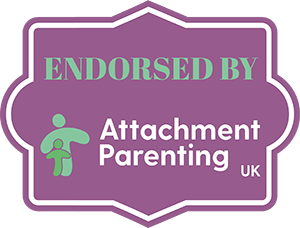One of the most popular topics among expectant mothers is water birth. They have heard of its benefits, including less stressful labour.
A mother could give birth in either a water-filled deep bath or birthing pool, which can take place in your home, hospital, birthing centre and even in a river or the sea.
While giving birth in water can help you deal with the pain, it’s also understandable that you’ll have some reservations if you haven’t tried it yet.
A midwife’s view on water births
Generally, midwives have a favourable opinion of water births and are ready to assist a mother who wants to give birth through this method.
Midwives can monitor your labour until the baby is born. They may even conduct quick vaginal examinations to ensure everything is going smoothly.
The midwife will bring the baby to the surface. Don’t worry. Your child will start breathing once they come out of the water.
Meanwhile, the baby can still obtain oxygen through the umbilical cord.
How will I know if a water birth is safe for me?
In Britain, the National Health Service (NHS) provides guidelines to women who choose a water birth.
- The mother should be in excellent health.
- They have experienced a normal pregnancy and faced no risk factors.
- They should also be in spontaneous labour at term.
You should consult a midwife or doctor to help you discover both benefits and risks of water births. There are certain circumstances that may make a water birth unsuitable, such as:
- There is a possibility that you may lose consciousness or suffer seizures during the process.
- There is some apprehension that the birth is compromised or premature.
What are the benefits of water birth?

According to this article, if there is one thing midwives like to do, it is share relevant information. They want to provide you with all the available details about your birthing options.
With regards to water birth, there are plenty of benefits, including:
- A pleasant birthing experience.
- More relaxed labour and with less painful contractions.
- Mother and child have immediate skin-to-skin contact.
- Mothers are often calmer during the process.
- There is greater privacy in water births.
- Medical interventions, such as ventouse delivery or episiotomy, are less likely to occur.
- Many women experience a lower vaginal tear rate.
While water birth is not suitable for every mother, the primary advantage is a positive labour and delivery experience. As a woman, you can have control over your level of comfort.
Water can also help in your mobilisation during the birthing process. Aside from the immediate skin-to-skin contact, there are other benefits, such as better thermoregulation, which can be helpful in your breastfeeding.
Water can provide you with a sense of privacy and safety. The midwife won’t usually join you in the pool. This is because they don’t want you to feel that your privacy is being violated. Also, babies born in water often look calm and healthy.
Women who give birth in water find the experience relaxing and feel less pain during the contractions. Since you’re buoyant in water, it’s easier to change to a more comfortable position.
Are there risks in water birth?
It’s prudent to know the possible inconvenience or risks you may face during the water birth, such as:
- The hospital may not have a birthing pool, or it may not be available when you need it.
- Epidurals and opiate pain relief drugs aren’t allowed.
- Your contractions may slow down.
- There’s a chance that your baby will take a breath while underwater.
- Getting in and out of the water may cause you undue stress.
- If you’re expecting twins or triplets, normal childbirth is most often a safer option.
- Premature labour or infections may require more intensive medical care.
- If the baby is in a breach position, you’ll need to seek immediate medical attention.
If there are bleeding concerns, the midwife may choose to switch to a normal birth instead. Midwives are often unable to assess blood loss accurately when the mother is in the water.
Is there a difference between water birth in a hospital or at home?
- Hospitals are usually equipped with birthing suites.
- You may feel safer in a hospital.
- You have quick access to medical intervention if you need it.
If you want to have a birth at home:
- Your partner may prepare an inflatable birthing pool and fill it with water.
- The midwife will check the water temperature to ensure that it’s not too hot.
- You can get in and out of the water anytime, but make sure you have some assistance. Your partner or midwife can help you.
When you’re feeling uncertain or nervous, there’s a tendency for labour to slow down or even stop. If the water birth is conducted at home in a familiar environment with your partner and family, you may feel less stress. You also have access to food and drinks. However, some may feel more secure in a hospital or birthing centre.
Are water births expensive?
The NHS provides free birthing services regardless of type or location. If you decide to have the water birth at home, the cost often involves the purchase or rental of the birthing pool.
Whether you are giving birth in a hospital or at home, the NHS can provide a midwife for free. However, you have the option of paying for the services of a private midwife. Should you decide to pursue private care, be aware of the following:
- Cost of booking for a midwife who’ll provide care on an on-call basis.
- They can provide antenatal, postnatal, and other types of maternity care.
Conclusion
Water birth is an option many mothers choose because of its benefits. Contractions are often less painful, and labour is less stressful. You can also choose to have your birthing process in your home or a hospital. Water births offer other benefits, such as greater privacy and immediate physical contact between you and your baby. However, not all mothers are suitable for water birth. For instance, you can’t take any opiate pain relievers, and it’s not advisable if you’re prone to bleeding. While the NHS provides a midwife for free, you can pay for a private service if you want.



